Climate Resilience
and Health
Rising incidence of climate disasters such as extreme heat and poor air quality are affecting communities that are highly vulnerable to climate change. NRDC India has expertise on designing city-led programs connected to national policies to build climate resilience to extreme heat and poor air quality.
CLIMATE RESILIENCE AND HEALTH STRATEGIES
Advise stakeholders on expanding the scope of Heat Action Plans (HAPs) with vulnerability assessments & cool roofs and regularly update temperature thresholds for early warning systems.
Advise on scaling communications about extreme heat and air pollution health risk to vulnerable communities across targeted states and cities.
Scale Compile local evidence for the strong linkage between climate actions and health co-benefits for the purposes of advising new clients.
Advise stakeholders on the development & implementation of sector-specific emission reduction roadmaps in Indian cities (in alignment with the respective state governments and the central government’s objectives).
Clean Air Publications
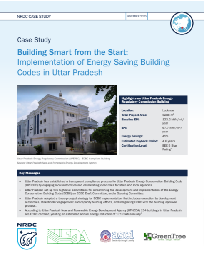
Building Smart from the Start: Implementation of Energy Saving Building Codes in Uttar Pradesh
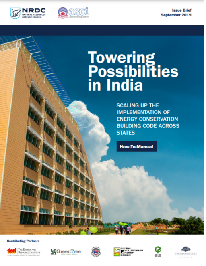
Towering Possibilities in India: Scaling up the Implementation of Energy Conservation Building Across States
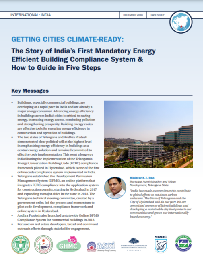
Getting Cities Climate-Ready: The Story of India’s First Mandatory Energy Efficient Building Compliance System...
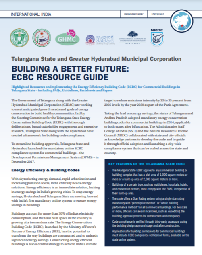

Online Compliance System for Energy Conservation Building Code (ECBC) For Hyderabad
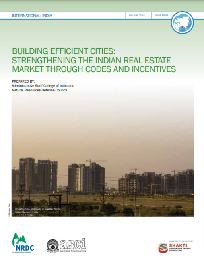
Building Efficient Cities: Strengthening the Indian Real Estate Market Through Codes and Incentives
Prior to 2023, Indian experts worked as consultants with NRDC, and their work was thus hosted on NRDC’s website
Our Experts
She completed her Master's in Environmental Sciences from Fergusson College, Pune and her Bachelors in Biology from Hans Raj College, Delhi University. During her master's dissertation research at Indian Institute of Tropical Meteorology she published scientific papers on Indian Ocean warming and Indian Summer monsoon. Ritika has also completed post graduate diploma in Environmental Law from NLSIU, Bengaluru and believes that science and policy need to go hand in hand in order to address some of the most pressing present-day problems.






